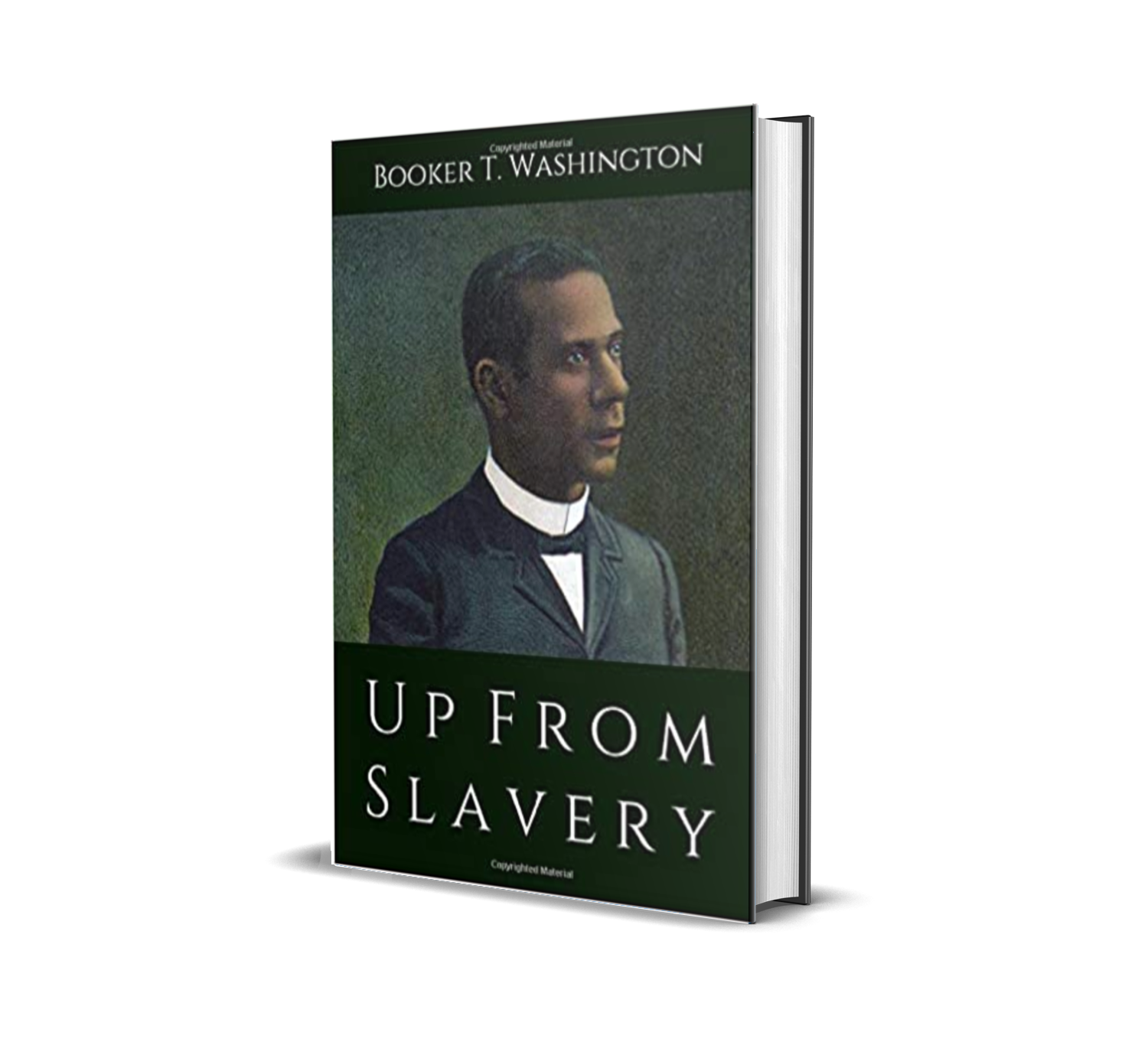


He launched the National Negro Business League in Boston and, in rapid succession, published two volumes of autobiography: The Story of My Life and Work (1900) and Up from Slavery (1901). The following year Washington became the first black to receive an honorary Master of Arts degree from Harvard University.īy 1900 Washington, the so-called "Wizard of Tuskegee," had emerged as America's most influential black leader. "In all things that are purely social we can be as separate as the fingers, yet one as the hand in all things essential to mutual progress," he stated. In the now-famous Atlanta Compromise Address, Washington urged blacks to postpone their demands for equal rights and focus instead on improving themselves through education, industriousness, and racial solidarity. In 1895 he delivered opening remarks at the Cotton States and International Exposition in Atlanta. Washington's well-known success as an educator led to his being asked to speak on racial issues. A pragmatist, not an idealist, he endorsed the Puritan virtue of self-help, maintaining, "the individual who can do something that the world wants done will, in the end, make his way regardless of his race." Like his mentor, General Armstrong, Washington made sure that all skills and academic courses taught at Tuskegee had practical application in the economy of the postwar South. Through skillful management, tireless fund-raising, and shrewd diplomacy with whites, he built Tuskegee, literally brick by brick, into the top black trade school in the country. The school opened on July 4, 1881, with one teacher and thirty pupils. In 1881 Washington left Virginia for Alabama, to establish the Tuskegee Normal and Industrial Institute.

Afterward, he taught school in Malden and briefly attended the Wayland Seminary in Washington, D.C., before accepting an invitation from General Armstrong to join the faculty at Hampton.

Washington graduated with honors in 1875. In 1872 Washington returned to Virginia to enroll in the Hampton Normal and Agricultural Institute, a vocational school for blacks founded by Samuel Chapman Armstrong, a former Union general. Viola Ruffner, a New England woman who recognized his eagerness to advance himself. At the close of the Civil War, Washington moved with his mother and stepfather to the river town of Malden, West Virginia, where he toiled in coal mines and salt furnaces, securing a basic education in his spare time. His mother was the plantation's cook his father was an unknown white man. Booker Taliaferro Washington, the educator and racial spokesman who remains one of the most controversial figures in African-American history, was born into slavery on a tobacco farm in Franklin County, Virginia, on April 5, 1856.


 0 kommentar(er)
0 kommentar(er)
